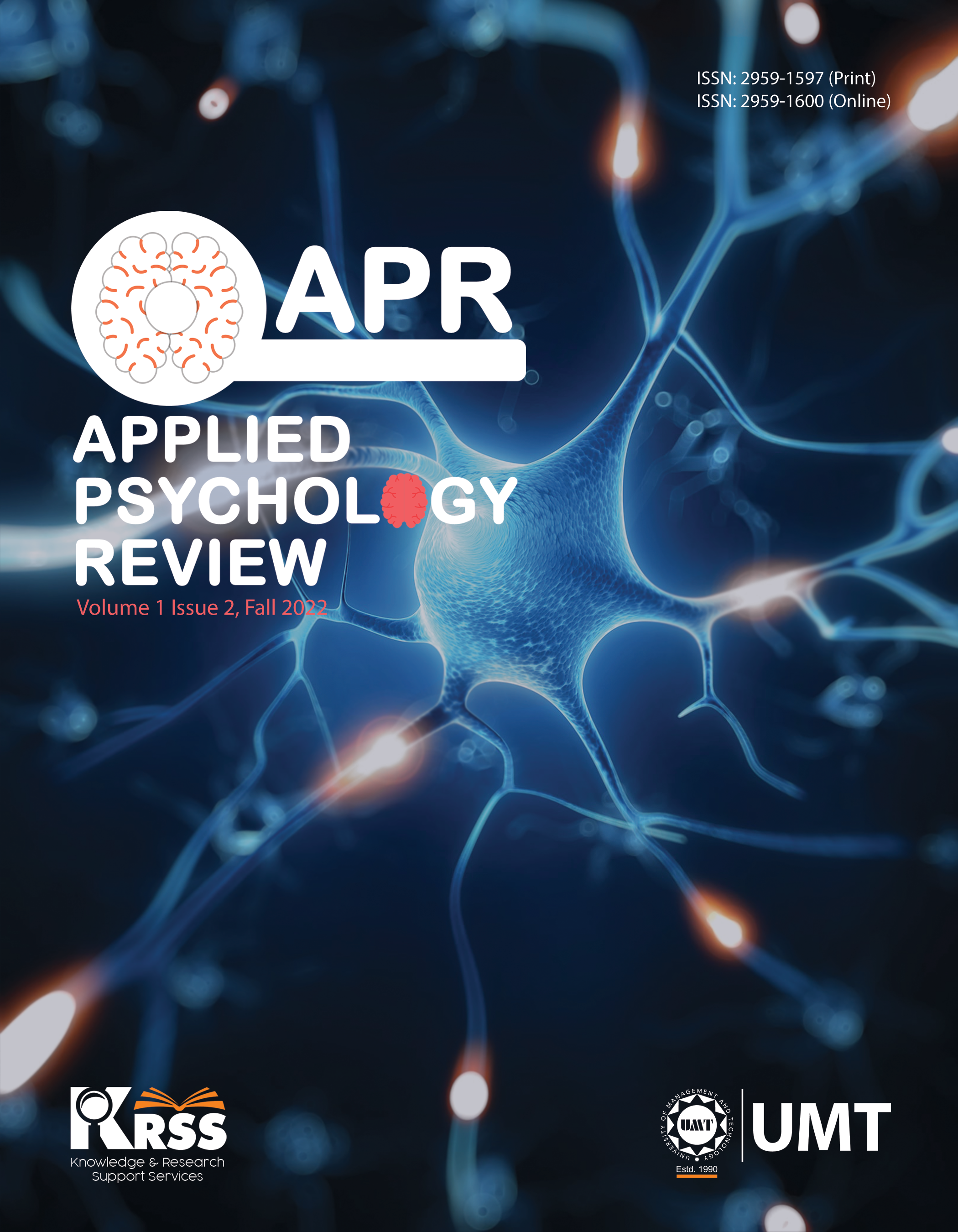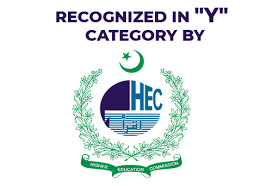Relationship between Personality Traits and Emotional Intelligence among Male Adolescents of Boarding School in Pakistan
Abstract
 Abstract Views: 116
Abstract Views: 116
This study was conducted to explore the relationship between Personality Traits (PT) and Emotional Intelligence (EI) among male (12-18 years M: SD:) boarding students of Pakistan. This research hypothesized that there is a significant positive relationship between PT and EI among boarding adolescents. Non-probability convenient sampling was used to collect the data from 267 participants, residing in a boarding school in Pakistan. Personality traits were assessed using International Personality Item Pool (IPIP), while emotional intelligence was assessed using Emotional Intelligence Questionnaire (EIQ). Pearson product-moment correlation analysis yielded highly significant results which indicated that there is a strong positive relationship between PT and EI among boarding adolescents. Understanding this relationship between emotional intelligence and personality traits can help them in deciding the appropriate career for their coming professional life. Moreover, it can also help educational institutes to identify the appropriate professional fields for students depending upon their personality traits and emotional intelligence so that they can arrange counseling for parents and children about the future.




